Noob questions regarding a new Washer/Dryer setup
dawizard
9 years ago
Related Stories

REMODELING GUIDESConsidering a Fixer-Upper? 15 Questions to Ask First
Learn about the hidden costs and treasures of older homes to avoid budget surprises and accidentally tossing valuable features
Full Story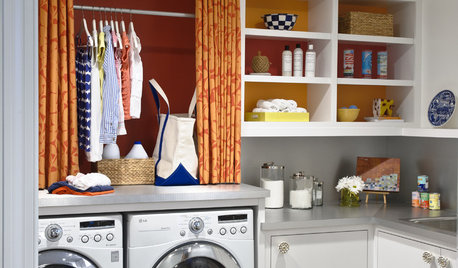
REMODELING GUIDESContractor Tips: Advice for Laundry Room Design
Thinking ahead when installing or moving a washer and dryer can prevent frustration and damage down the road
Full Story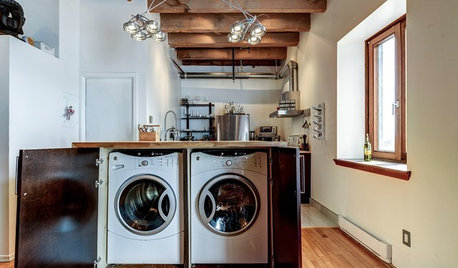
LAUNDRY ROOMSA Kitchen Laundry Cabinet Full of Surprises
A little DIY spirit allowed this homeowner to add a washer, dryer, kitchen countertop and dining table all in one
Full Story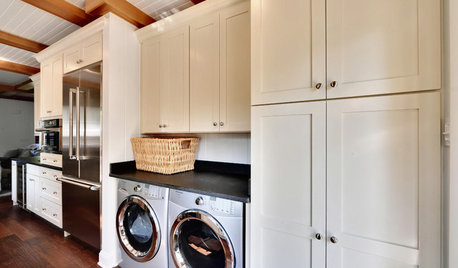
KITCHEN DESIGNRenovation Detail: The Kitchen Laundry Room
Do your whites while dishing up dinner — a washer and dryer in the kitchen or pantry make quick work of laundry
Full Story
KITCHEN DESIGNKey Measurements to Help You Design Your Kitchen
Get the ideal kitchen setup by understanding spatial relationships, building dimensions and work zones
Full Story
KITCHEN STORAGEShow Us Your Hardworking Pantry
Do you have a clever and convenient kitchen storage setup? Throw some light on the larder and share your pictures and strategies
Full Story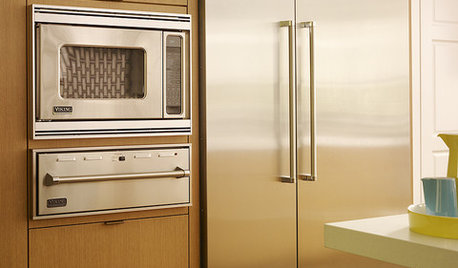
KITCHEN DESIGNA Cook’s 6 Tips for Buying Kitchen Appliances
An avid home chef answers tricky questions about choosing the right oven, stovetop, vent hood and more
Full Story
ENTRYWAYS8 Ideas for High-Functioning Mudrooms
Get more out of your mudroom with terrific storage, double-duty setups and clutter-hiding features
Full Story
SMALL KITCHENS12 Kitchenettes for Convenience and Compact Living
Keep drinks and noshes at the ready with a pared-down kitchen setup that works for homes of all sizes
Full Story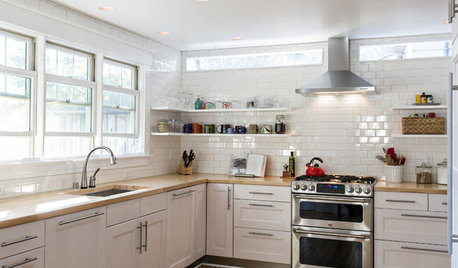
KITCHEN DESIGNBetter Circulation for a Family Kitchen and Bathroom
An architect’s smart design moves helped rearrange this Louisville kitchen to create a more sensible workflow
Full StorySponsored
Industry Leading Interior Designers & Decorators in Franklin County
More Discussions








lee676
dadoes
Related Professionals
Kalamazoo Kitchen & Bathroom Designers · Redmond Kitchen & Bathroom Designers · Yorba Linda Kitchen & Bathroom Designers · Normal Kitchen & Bathroom Remodelers · Chicago Ridge Kitchen & Bathroom Remodelers · Hanover Township Kitchen & Bathroom Remodelers · University Park Cabinets & Cabinetry · Decatur Custom Closet Designers · Tallahassee Custom Closet Designers · Glen Burnie Flooring Contractors · Mount Vernon Flooring Contractors · New Rochelle Flooring Contractors · Norwood Flooring Contractors · Oakdale Flooring Contractors · Palestine Flooring ContractorsdawizardOriginal Author